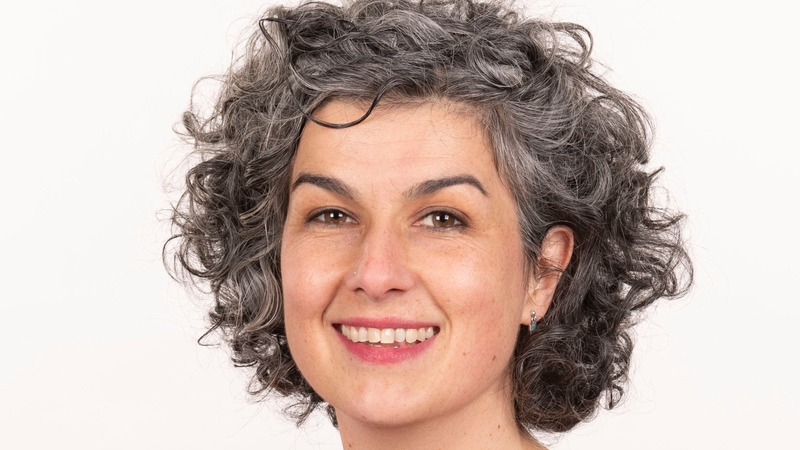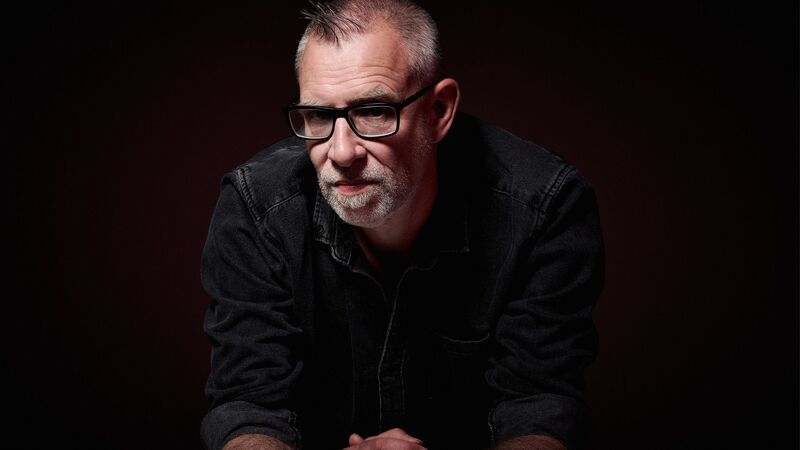You are viewing your 1 free article this month. Login to read more articles.
Her Bloody Project: Sara Hunt on launching Graeme Macrae Burnet
Graeme Macrae Burnet's second novel His Bloody Project (published by Saraband imprint Contraband) was shortlisted for the 2016 Man Booker Prize. The Bookseller speaks to Saraband publisher Sara Hunt about the impact of the shortlisting on business as well as the press' recent move to Manchester.
How did you and Graeme come to be working together?
Graeme sent out [his debut] The Disappearance of Adele Bedeau as an unsolicited submission to various small publishers himself, after his original agent had not been able to find an editor to take it up. It had been widely liked but deemed too difficult to classify – not “crime” enough and/or not “literary” enough to suit them, they’d said. We loved it and felt it was the perfect way to launch our (then) new imprint, Contraband. It was also the beginning of a great friendship!
What effect has the Man Booker Prize shortlisting had on business?
The sales have been fantastic, including the rights sales, but the critical acclaim for the book has been important too. We’ve not been publishing fiction for long, and His Bloody Project is the first novel we’ve had that has broken out as a really big commercial success, so it has opened some doors with literary editors and others who might not previously have considered our titles.
We’ve also had a huge rise in submissions, both from leading agents and aspiring authors without representation. In short, it’s been quite a game-changer – and it’s been energising, too. I’ve been in publishing for almost 35 years now – most of that in non-fiction – and I've never had a more exciting year at work!
His Bloody Project was the bestselling title of all the shortlisted Booker titles – why do you think it has proved so popular?
It’s such a brilliant read – people get so involved in the story that they often say they couldn’t stop to eat or sleep! Having tracked the reader reviews, social media mentions and comments from book groups, I think word of mouth has absolutely powered the sales, both during the shortlisting period and beyond.
Of course, having universally high praise from critics writing for all the major newspapers was a huge influence. And the fact that readers interpret it differently – was [protagonist] Roddy innocent or evil? – got a lot of people talking about the book, as did the initial confusion over its status as fiction vs found documents. But to begin with, when the longlist was first announced, I think luck was a big factor, too: we got the lion’s share of the press right away, because of the fairytale narrative of an unheard-of author from a small, regional press making the longlist – let alone from a “crime” imprint.
Was it initially hard to keep up with demand?
No – despite the speed of sales we were hardly ever out of stock, apart from by mid-afternoon on the longlist announcement date, and even then only for a couple of days. That was thanks to our extremely professional sales team, PGUK, a huge amount of support from booksellers who kept us very well informed, and equally magnificent support from Clays, who were fantastic from the very first day. They turned around orders in record time and really helped us out.
Could you provide details of the international rights deals you’ve secured for the book?
They’re too numerous to mention! They’re from all corners of the globe – from the large and obvious territories and languages like North America and major European languages (US and German rights had already sold before the longlisting, to Skyhorse and Europa Verlag, respectively), to Asia, and to a host of smaller languages, including Estonian.
Saraband moved to Manchester last year, how did the move go? Do you miss Scotland and the Scottish arts scene?
I moved to Manchester for personal (family) reasons, and yes, I do miss Scotland, although I'm still there quite often and still pretty well in touch with the arts scene, as well as with family and friends in different parts of Scotland – and Saraband still has a presence in Glasgow. But Manchester and the North generally are also having a bit of a moment, especially with the Northern Fiction Alliance, which has made it easy to meet people and get to know some very inspiring and creative folk here too.
Are you still championing Scottish writers?
Absolutely! We have talented debut Scottish writers featuring in our 2018 list – including Olga Wojtas, whose novel releases this month – as well as writers we’ve been working with for some years, like the fantastic nature writer Jim Crumley and leading historical novelist Catherine Czerkawska.
Obviously we are beyond delighted to have continued working with Graeme, but I am also personally proud of our authors having scooped the Saltire Society’s First Book of the Year award for the last two years running, with winners Chitra Ramaswamy (2016) and Ever Dundas (2017) exemplifying how diverse and vibrant Scottish writing is at the moment.
The Bookseller also spoke to Graeme Macrae Burnet about the Man Booker Prize shortlisting and how it has affected his work. Subscribers can read the interview here.
This interview is part of The Bookseller’s Scotland Country Focus. For more stories and interviews from the Focus, click here.














